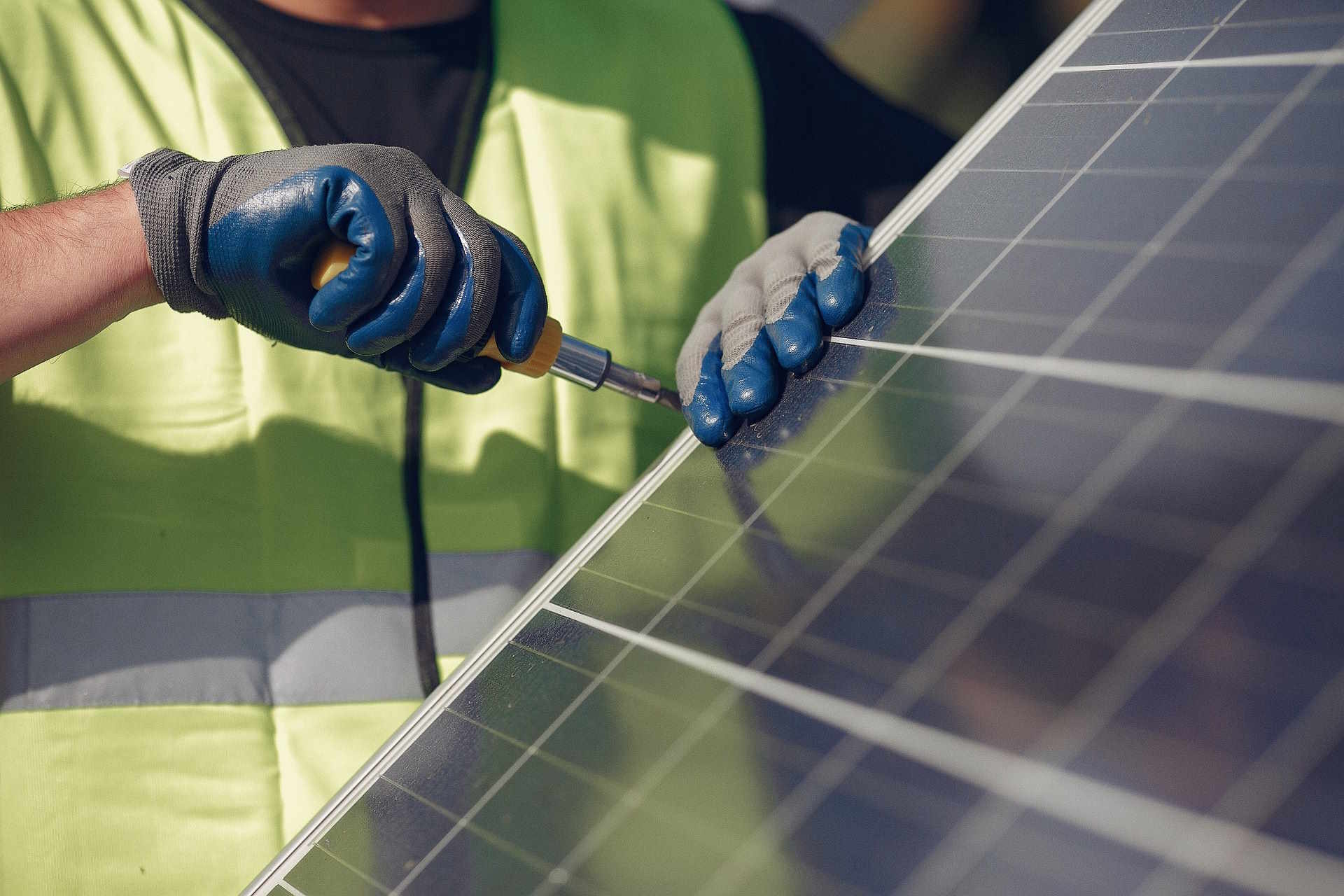2025 Solar Panel Installer Salary Guide: Top Earning Roles and Career Outlook
The solar installation industry continues to experience significant growth, creating promising career opportunities for skilled professionals. As renewable energy adoption accelerates, understanding the salary landscape and career potential for solar panel installers becomes increasingly important. This comprehensive guide explores current earnings, growth projections, and factors that influence compensation in the solar installation field.

What is the Average Solar Panel Installer Salary in 2025?
Solar panel installer salaries vary significantly based on location, experience, and certification level. Entry-level installers typically start between $35,000 and $45,000 annually, while experienced professionals can earn $60,000 to $85,000. Senior installers and project managers may command salaries exceeding $100,000 per year. These figures represent base salaries and often exclude additional benefits, bonuses, or overtime pay.
Which Factors Impact Solar Installation Career Earnings?
Several key elements influence earning potential in the solar industry:
-
Geographic location and local market demand
-
Years of experience and technical expertise
-
Professional certifications and specialized training
-
Company size and type (residential vs. commercial installations)
-
Project complexity and scope of responsibility
-
Additional skills like electrical work or system design
What Are the Highest-Paying Roles in Solar Installation?
The solar industry offers various specialized positions with competitive compensation:
-
Solar Project Manager: $75,000 - $120,000
-
Commercial Installation Supervisor: $70,000 - $95,000
-
Technical Sales Specialist: $65,000 - $110,000
-
System Designer/Engineer: $80,000 - $130,000
-
Quality Control Inspector: $60,000 - $85,000
How Does the Career Outlook Look for Solar Installers?
The Bureau of Labor Statistics projects a 52% growth rate for solar installer positions through 2030, significantly faster than average. This expansion is driven by:
-
Increasing adoption of renewable energy
-
Government incentives and environmental regulations
-
Declining solar technology costs
-
Growing commercial and residential demand
-
Infrastructure modernization initiatives
Which Skills and Certifications Maximize Earning Potential?
To enhance salary prospects, solar installers should consider:
-
NABCEP (North American Board of Certified Energy Practitioners) certification
-
OSHA safety certifications
-
Electrical licenses or certifications
-
Advanced system design training
-
Project management credentials
-
Technical sales training
-
Battery storage installation certification
What Are the Current Industry Compensation Packages?
| Position Level | Base Salary Range | Additional Benefits |
|---|---|---|
| Entry Level | $35,000 - $45,000 | Health insurance, 401(k) |
| Mid-Level | $50,000 - $70,000 | Performance bonuses, paid training |
| Senior Level | $75,000 - $100,000 | Profit sharing, vehicle allowance |
| Management | $90,000 - $130,000 | Stock options, extended benefits |
Prices, rates, or cost estimates mentioned in this article are based on the latest available information but may change over time. Independent research is advised before making financial decisions.
The solar installation field offers substantial earning potential with clear pathways for advancement. Success in this industry depends on continuous skill development, professional certification, and adaptation to evolving technology. As the renewable energy sector expands, qualified solar installers can expect competitive compensation and numerous opportunities for career growth.




